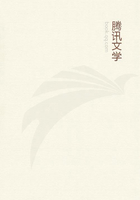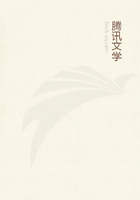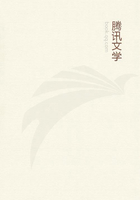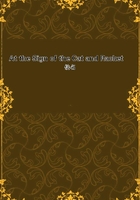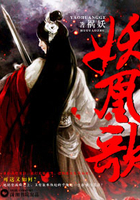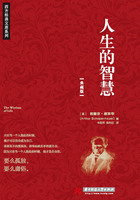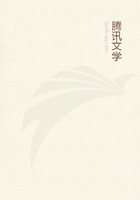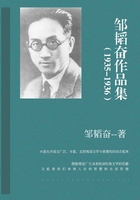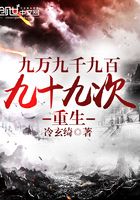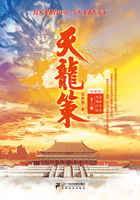(102)But Scripture does not testify of any except of Ezra (Ezra vii:10), that he "prepared his heart to seek the law of the Lord, and to set it forth, and further that he was a ready scribe in the law of Moses." (103) Therefore, I can not find anyone, save Ezra, to whom to attribute the sacred books.
(104)Further, from this testimony concerning Ezra, we see that he prepared his heart, not only to seek the law of the Lord, but also to set it forth; and, in Nehemiah viii:8, we read that "they read in the book of the law of God distinctly, and gave the sense, and caused them to understandthe reading."
(105)As, then, in Deuteronomy, we find not only the book of the law of Moses, or the greater part of it, but also many things inserted for its better explanation, I conjecture that this Deuteronomy is the book of the law of God, written, set forth, and explained by Ezra, which is referred to in the text above quoted. (106) Two examples of the way matters were inserted parenthetically in the text of Deuteronomy, with a view to its fuller explanation, we have already given, in speaking of Aben Ezra's opinion. (107) Many others are found in the course of the work: for instance, in chap. ii:12: "The Horims dwelt also in Seir beforetime; but the children of Esau succeeded them, when they had destroyed them from before them, and dwelt in their stead; as Israel did unto the land of his possession, which the Lord gave unto them." (108) This explains verses 3 and 4 of the same chapter, where it is stated that Mount Seir, which had come to the children of Esau for a possession, did not fall into their hands uninhabited; but that they invaded it, and turned out and destroyed the Horims, who formerly dwelt therein, even as the children of Israel had done unto the Canaanites after the death of Moses.
(109)So, also, verses 6, 7, 8, 9, of the tenth chapter are inserted parenthetically among the words of Moses. Everyone must see that verse 8, which begins, "At that time the Lord separated the tribe of Levi," necessarily refers to verse 5, and not to the death of Aaron, which is only mentioned here by Ezra because Moses, in telling of the golden calf worshipped by the people, stated that he had prayed for Aaron.
(110)He then explains that at the time at which Moses spoke, God had chosen for Himself the tribe of Levi in order that He may point out the reason for their election, and for the fact of their not sharing in the inheritance; after this digression, he resumes the thread of Moses' speech.
(111)To these parentheses we must add the preface to the book, and all the passages in which Moses is spoken of in the third person, besides many which we cannot now distinguish, though, doubtless, they would have been plainly recognized by the writer's contemporaries.
(112)If, I say, we were in possession of the book of the law as Moses wrote it, I do not doubt that we should find a great difference in the wordsof the precepts, the order in which they are given, and the reasons by which they are supported.
(113)A comparison of the decalogue in Deuteronomy with the decalogue in Exodus, where its history is explicitly set forth, will be sufficient to show us a wide discrepancy in all these three particulars, for the fourth commandment is given not only in a different form, but at much greater length, while the reason for its observance differs wholly from that stated in Exodus. (114) Again, the order in which the tenth commandment is explained differs in the two versions. (115) I think that the differences here as elsewhere are the work of Ezra, who explained the law of God to his contemporaries, and who wrote this book of the law of God, before anything else; this I gather from the fact that it contains the laws of the country, of which the people stood in most need, and also because it is not joined to the book which precedes it by any connecting phrase, but begins with the independent statement, "these are the words of Moses." (116) After this task was completed, I think Ezra set himself to give a complete account of the history of the Hebrew nation from the creation of the world to the entire destruction of the city, and in this account he inserted the book of Deuteronomy, and, possibly, he called the first five books by the name of Moses, because his life is chiefly contained therein, and forms their principal subject; for the same reason he called the sixth Joshua, the seventh Judges, the eighth Ruth, the ninth, and perhaps the tenth, Samuel, and, lastly, the eleventh and twelfth Kings. (117) Whether Ezra put the finishing touches to this work and finished it as he intended, we will discuss in the next chapter.

